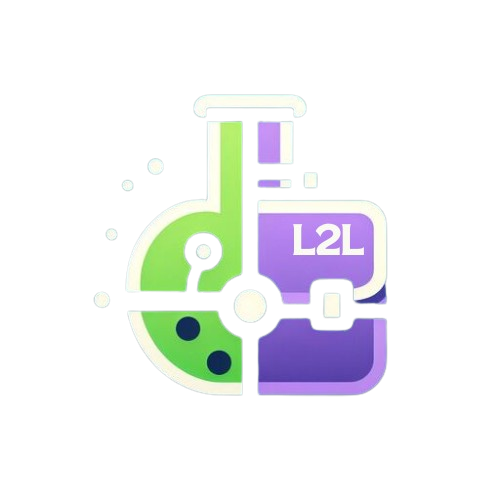Mental Health
World Mental Health Day Coping Strategies
Written by Sathya Mathiyalagan
October 10th, 2024
World Mental Health Day
In honor of World Mental Health Day (October 10, 2024), uOttawa Lab2Life would like to share strategies for mental health awareness. Mental health is still considered a taboo topic in many areas of the world, but Canada is making significant progress in raising awareness and providing tools to cope. Research shows that:
- 45.1% of post-secondary students endure higher-than-average stress levels
- 35% of post-secondary students are diagnosed with at least one mental health disorder¹
Coping Strategies for Mental Health
It’s important to practice simple strategies that can improve mental well-being. Here are some effective ones:
- 🛏️ Get enough sleep
- 🎨 Do enjoyable activities (sports, painting, dancing, etc.)
- 🌬️ Practice deep breathing
- 🥗 Eat healthy meals
- 👥 Join a support group
- 💬 Talk to people you trust
- 🏃 Get regular exercise
- 🎯 Set goals and priorities
- 📓 Journaling
These strategies can be done from the comfort of your home.
Seeking Credible Information
It’s equally important to rely on credible sources to avoid misinformation that can increase stress. Trusted organizations include:
- The World Health Organization
- Health Canada
- Ontario Ministry of Health²
Additionally, healthcare professionals can provide guidance. While it may feel intimidating to open up, remember they are highly trained and committed to helping people manage mental health difficulties. In Ontario:
- You do not need a doctor’s referral to make an appointment with a therapist.
- If therapy is provided by a medical doctor, it is automatically covered by OHIP.
Resources for Students at uOttawa
The Student Health and Wellness Centre at the University of Ottawa 🏛️ provides:
- Short-term personal counseling and therapy
- Support groups
- Other mental health services
🔗 Student Health and Wellness Centre – Mental Health
Conclusion
Mental health is vital, and the most important reminder is: you are not alone. There will always be people willing to help, as well as coping strategies you can use independently. We hope this article has helped you gain insight into simple strategies for improving your well-being. Please share these tips with friends or family who may be struggling.
Footnotes
- BMC Public Health 23(1) Moghimi, et al. (2023). Mental health challenges, treatment experiences, and care needs of post-secondary students: A cross-sectional mixed-methods study
- CAMH Coping with stress and anxiety.
References
- HealthQuotes DeKuyper (2023) Is therapy covered by OHIP?
- SAMHSA How to cope With Mental Health, Drug, and Alcohol Issues
- CMHA Ontario Mental Health and Addictions Getting help
- Mindful Health Solutions Godreau (2024) 10+ Coping Strategies to Improve Your Mental Health and Well-Being
